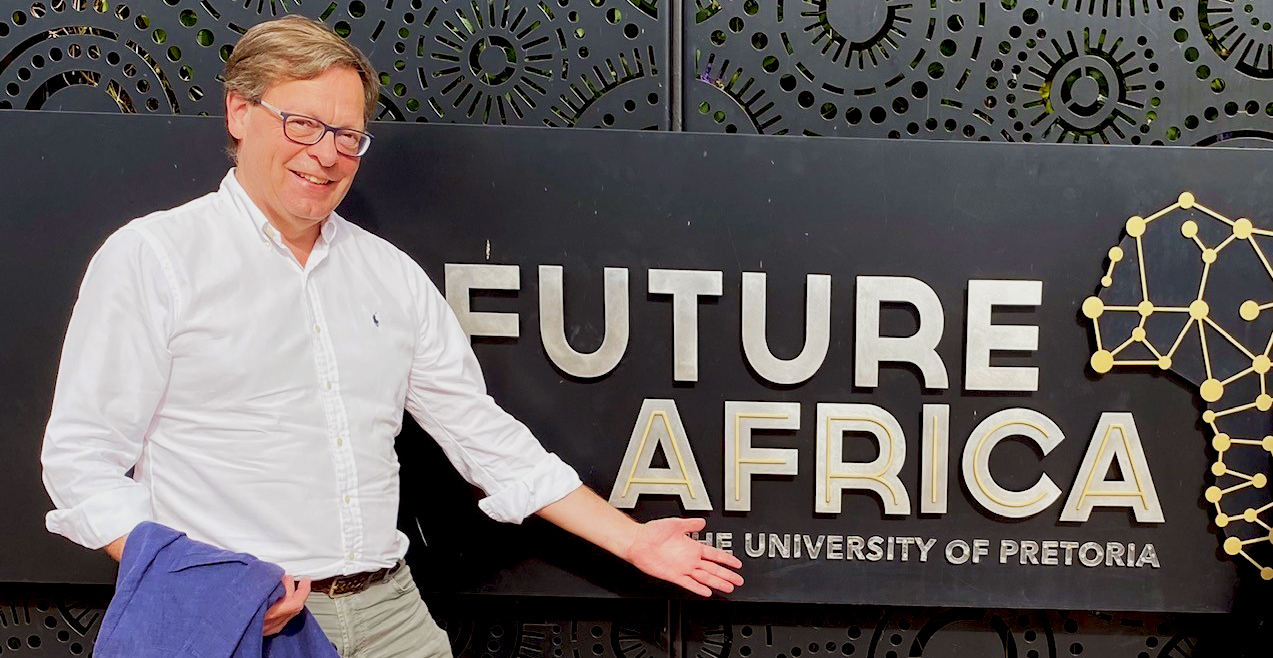From 20 December 2024, Lars Niklasson will be a member of the EBA. With solid research and evaluation expertise and knowledge of development policy in the EU and Sweden, as well as of conditions in Africa, he broadens the EBA’s overall knowledge base.
The eight members of the Expert Group decide on the direction of the EBA’s work and the studies to be carried out. A secretariat with nine staff implements the decisions.
– We are very pleased to welcome Lars Niklasson as a member of the EBA. His research and evaluation expertise broadens our knowledge base, which is valuable when we quality assure the studies we conduct,’ says Torbjörn Becker, chair of the expert group.
Lars Niklasson is Assistant Professor of Political Science at Linköping University, where he is responsible for the Master’s Programme in International and European Relations (MIER). He is also a visiting scholar at the University of Pretoria, South Africa and has taught at universities in Benin and Kenya.
– In the expert group, I can contribute with my knowledge of aid policy in the EU and Sweden, as well as of conditions in Africa, but I also look forward to listening and learning from colleagues and practitioners, says Lars Niklasson.
– Evaluations are an important part of a learning process for both donors and recipients. I want to contribute to knowledge that allows future interventions to be selected and implemented in a better way and with the ambition that the recipients will become more independent and eventually autonomous.
Lars has previously worked as an evaluator at the Swedish Agency for Public Management and other authorities, and as an evaluation consultant. His research and teaching focus on the EU, Africa and globalisation. He also writes on the UN Sustainable Development Goals and more generally on policy fragmentation and the need for collaboration between organisations.
– My research has shown that many development strategies are contradictory and difficult to implement. Donors often underestimate the problems in recipient countries and seem to ignore the role of elites as obstacles to development. Moreover, aid often clashes with foreign policy and global power games. That’s why it’s important to understand the complexities of aid.
– I hope that the EBA’s work can contribute to solving the major global challenges of economic growth, democracy and the rule of law, says Lars Niklasson.



